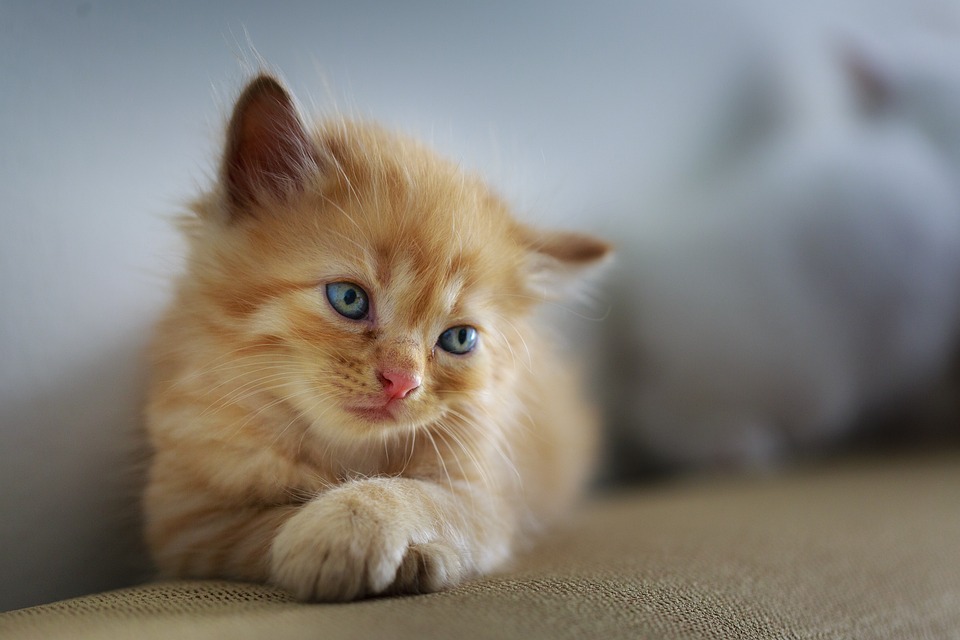In this comprehensive guide, we have explored the topic of recognizing and addressing gastrointestinal distress in cats. We have discussed the causes of gastrointestinal distress, which range from dietary changes to chronic conditions like inflammatory bowel disease. We have also outlined the common symptoms of gastrointestinal distress, such as vomiting, diarrhea, and loss of appetite.
To help cat owners recognize gastrointestinal distress in their pets, we have provided information on observing behavioral changes, monitoring eating habits, and analyzing litter box habits. These observations can give valuable insights into a cat’s digestive health and alert owners to any potential issues.
Addressing gastrointestinal distress in cats requires veterinary consultation. We have emphasized the importance of seeking professional help and providing a detailed medical history of the cat during the consultation. Diagnostic tests may be necessary to identify the underlying cause of the distress.
Dietary modifications play a crucial role in managing gastrointestinal distress in cats. We have suggested transitioning to a bland diet, avoiding potential allergens or irritants, and feeding smaller, more frequent meals. These modifications can help alleviate symptoms and promote healing.
Medications and treatments may also be recommended by a veterinarian. Antacids or anti-vomiting medications can provide relief, while probiotics and digestive enzymes can support a healthy gut. In some cases, deworming medications or antibiotics may be necessary.
In the FAQ section, we have answered common questions related to gastrointestinal distress in cats. Stress or anxiety can indeed cause gastrointestinal distress, and it is important to seek veterinary help promptly. While home remedies may be helpful for mild cases, it is always best to consult a professional. Sudden changes in cat food brand or flavor can lead to gastrointestinal distress, and it is crucial to introduce new food gradually. Cats with gastrointestinal distress are generally not a risk for transmitting infections to humans.
In conclusion, recognizing and addressing gastrointestinal distress in cats is vital for their well-being. By understanding the causes, symptoms, and treatment options, cat owners can provide the necessary care and seek professional help when needed. A healthy digestive system is essential for a cat’s happiness and longevity, and with proper management, gastrointestinal distress can be effectively addressed.








